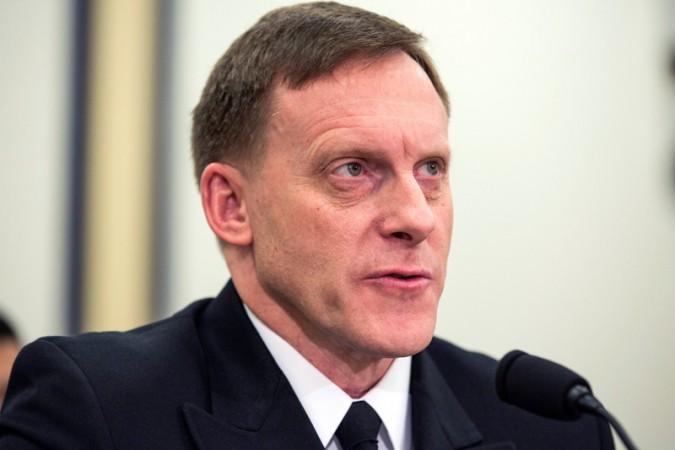
China and a few other countries have the potential to shut down the power grid and other utilities and infrastructure in the United States through cyberattacks, according to Michael Rogers, the head of the US National Security Agency (NSA).
Addressing the House of Representatives Intelligence Committee on Thursday, Rogers said that the agency found malware from China and elsewhere in US systems and that it could affect lives of average Americans.
"It enables you to shut down very segmented, very tailored parts of our infrastructure that forestall the ability to provide that service to us as citizens," Rogers said at the meeting with the Congressional panel, CNN reports.
Rogers said that the cyberattacks could expose the country's technical system vulnerabilities to the hackers and they could easily take control or shut down the distribution of water, fuel and electricity around the US.
"We see them attempting to steal information on how our systems are configured, the very schematics of most of our control systems, down to engineering level of detail so they can look at where are the vulnerabilities, how are they constructed, how could I get in and defeat them. We're seeing multiple nation-states invest in those kinds of capabilities," Rogers added.
Hitting back at Rogers' comments, Hong Lei, the Chinese foreign ministry spokesman said that the Chinese government "forbids" cyberattacks and hacking. He also added that China had often been the victim of such attacks from the United States, Reuters reported.
"The Chinese government resolutely cracks down on these activities. This reality is irrefutable," Lei said at a press briefing.
Rogers, who is also the head of the US Cyber Command, did not disclose the names of the other countries that could threaten US utilities and infrastructure but added that many countries are using "surrogate" cyber-hackers to get their dirty work done. He also called on private companies to promote more "machine-to-machine communication" between them and the government to allow better protection, PCWorld.com reported.

















